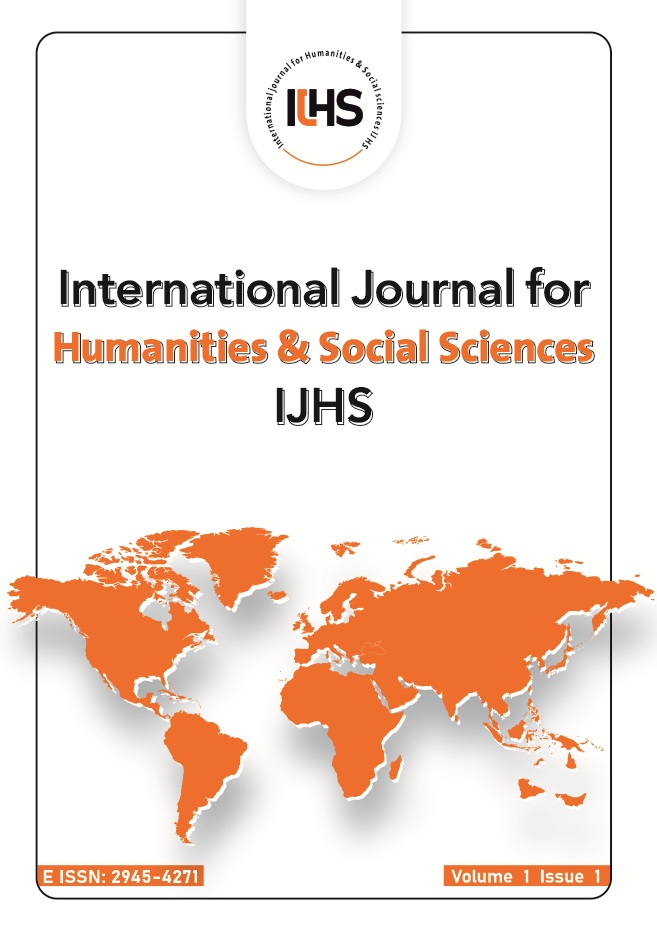The Disparate Impacts of Boko Haram Insurgency and Banditry on Teaching of English in Northern Nigeria
Main Article Content
Abstract
English in Nigeria is a medium of instruction and a tool that bridges the communication gap stemmed from the multilingual and multicultural nature of the country and other multifaceted problems associated with learning in a foreign language. When learners are denied access to the only means of instruction, employment opportunities and other paths to greatness are compromised. For over a decade, the educational system of Northern Nigeria has been embroiled and teaching of English language clogged. This study aims to report the activities of an insurgency group, popularly known as Boko Haram and Bandits in Northern Nigeria on the education system and the resultant effects on teaching English Language to students and the professional developments of English teachers. The study generates data through a questionnaire administered to twenty one English teachers in Northern Nigeria through Google forms and the reports of Global Coalition to Protect Education from Attacks (GCPEA). The statistical analyses of the data reveal vulnerability of female students and teachers than their male counterparts due to armed conflicts. The study further reveals incidents of anxiety on teachers and learners, closure and militarization of some schools and other traumatic experiences that inhibited teaching and learning of English in Northern Nigeria. While this study underscores government’s appropriate programmes and policies to support English teacher’s professional development and the teaching of English to children who are out of school due to the nefarious activities of Boko Haram and Bandits, and their impacts in achieving desirable performance goals in English, it could not report efforts the Nigerian government has employed in ameliorating the menace. The pedagogic implication of this study is that loss of performance skills in a target language is possible when learners have not gained remarkable mastery in all levels of language study. Again, in the next twenty years, only few Northern Nigerians would be good users of English in a country where the economic and social resource greatly depend on mastery of English.
Article Details

This work is licensed under a Creative Commons Attribution 4.0 International License.
International Journal for Humanities and Social Sciences (IJHS) is licensed under the http://creativecommons.org/licenses/by/4.0, which allows users to copy, create extracts, abstracts, and new works from the article, alter and revise the article, and make commercial use of the article (including reuse and/or resale of the article by commercial entities), provided the user gives appropriate credit (with a link to the formal publication through the relevant DOI), provides a link to the license, indicates if changes were made, and the licensor is not represented as endorsing the use made of the work. The authors hold the copyright for their published work on the IJHS website, while IJHS is responsible for appreciate citation of their work, which is released under http://creativecommons.org/licenses/by/4.0, enabling the unrestricted use, distribution, and reproduction of an article in any medium, provided that the original work is properly cited.

